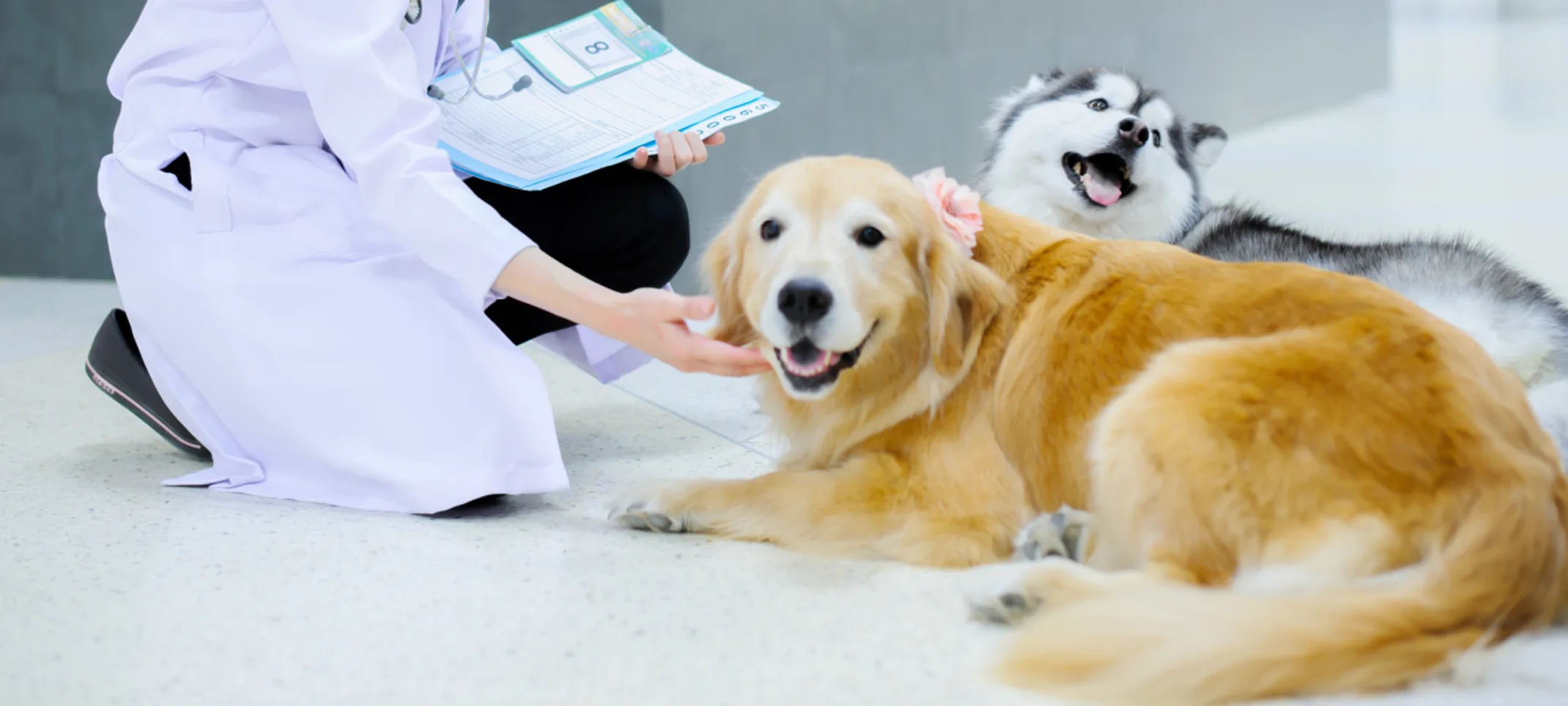Princess Anne Veterinary Hospital
Urgent Care
Urgent care bridges the gap between routine wellness visits and emergency services, providing prompt medical attention for pets with concerning—but not life-threatening—health issues.

Overview
At Princess Anne Veterinary Hospital, we understand that not all pet health concerns can wait. Our Urgent Care services are here to provide timely medical attention for non-life-threatening conditions that still require prompt treatment. Whether it’s a sudden limp, an ear infection, or persistent vomiting, our experienced veterinary team is ready to assess, diagnose, and treat your pet with compassionate, high-quality care—right when they need it most.
We offer extended hours, same-day appointments, and a calm, pet-friendly environment to make urgent visits as stress-free as possible. Your pet's health is our priority, and we’re here to help when the unexpected happens.
What Counts as Urgent Care?
Not every situation requires a trip to the emergency vet, but some issues shouldn’t wait for a routine appointment either. That’s where urgent care comes in. These are medical concerns that aren’t immediately life-threatening but still need timely attention to prevent complications and ease your pet’s discomfort.
Here are common reasons to consider Urgent Care for your pet:
Persistent vomiting or diarrhea - Especially if it lasts more than 24 hours or contains blood. Dehydration and other complications can set in quickly.
Limping or trouble walking - A sudden limp, favoring a leg, or reluctance to move could mean a sprain, strain, or minor injury that needs evaluation.
Ear infections - Head shaking, ear scratching, odor, or discharge may point to an infection that will only get worse without treatment.
Eye issues - Redness, squinting, discharge, or swelling in the eyes could indicate an infection, injury, or foreign object.
Coughing, sneezing, or breathing changes - While not always emergencies, respiratory symptoms may signal infections or other treatable conditions.
Urinary changes - Straining to urinate, blood in urine, or frequent accidents could suggest a urinary tract infection or other issue.
Wounds, cuts, or minor bites - Small injuries can easily become infected if left untreated—even if they seem minor at first.
Loss of appetite or energy - If your pet suddenly stops eating or seems unusually tired, it’s worth getting them checked sooner rather than later.
If you're unsure, it's always best to call—we can help determine if urgent care is appropriate or if emergency services are needed.
